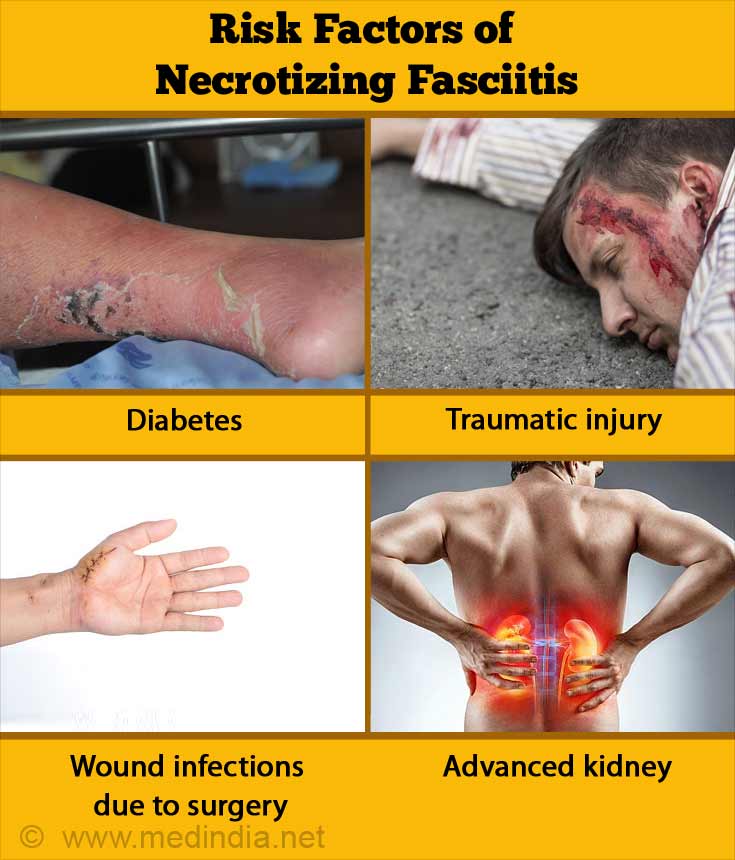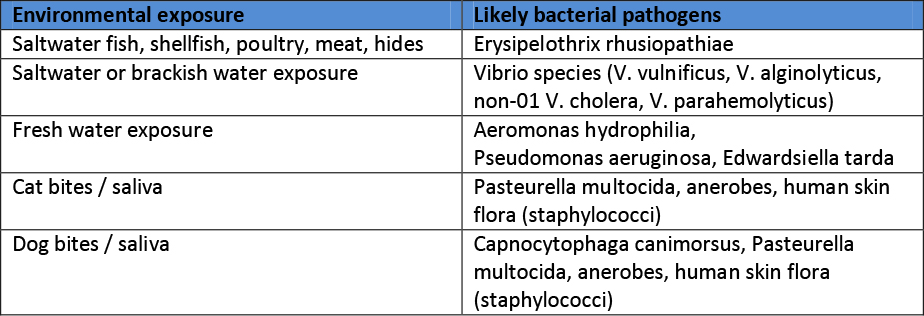
There is no specific medication for necrotizing fasciitis, and many times doctors will use a combination of treatments in order to improve a patient’s chances of recovery. Surgery is a common treatment for necrotizing fasciitis, and patients may need several operations to save a part of their body or remove an infected organ. The infection is usually treated with antibiotics and surgery, and some patients will even require amputation of a leg or organ.
While the outlook for recovery from necrotizing fasciitis varies depending on the severity of the disease, early diagnosis is extremely important. Although necrotizing fasciitis is a potentially fatal infection, there are also several treatment options that can improve a patient’s condition. Acute onset of the condition may lead to minor scarring or amputation. Multiple surgeries, delayed wound closure, and skin grafting are common treatments.
Treatment for necrotizing fasciitis depends on the severity of the disease and the type of medication used. It is important to seek medical advice as early treatment is the best way to maximize your chances of a successful outcome. There are antimicrobial drugs for necrotizing fasciitis, as well as anti-inflammatory medications. A second opinion from a trusted source is also advisable. Additionally, you may want to seek emotional support as you deal with your disease. While it is not always possible to avoid taking medicine, it can be a helpful way to deal with your pain and suffering.
Infection of the fascia can spread rapidly. It can spread up to three centimeters in just one hour. Since necrotizing fasciitis is a bacterial infection, it is difficult to stop the spread of the disease. Because the condition is relatively rare, antibiotics and surgery may not be effective in the case of a severe case. Fortunately, there are many available treatments to treat this condition.
Surgical treatment is the first priority of treatment for necrotizing fasciitis. This procedure will not only save a life, but will also prevent other complications. During the healing process, the patient will undergo multiple surgical procedures to restore limb function. In addition, there will be a delay in the healing of the wound. Some of the treatments for necrotizing fasciitis will also have a positive impact on the patient’s overall health and quality of life.
Because necrotizing fasciitis is a bacterial infection, it is not likely to affect the rest of the body. Nevertheless, it can be fatal. It is important to seek medical help immediately after symptoms have occurred. If the condition is severe, it can lead to severe problems. If not treated properly, it may require limb amputation and several surgical procedures. If complications develop, they will require amputation.

The outlook for a patient with necrotizing fasciitis depends on the type of treatment and how long the disease has been present. In the case of Type III necrotizing fasciitis, antibiotics are the only treatment. However, antibacterial medications may not be enough, and antibiotics are not recommended in severe cases. Regardless of the causes of the condition, there are many medications for this infection.
Some of the most important medications for treating necrotizing fasciitis include antibiotics. While these treatments may not be entirely effective, they are effective in reducing the pain and swelling caused by the infection. Some patients with this condition are unable to walk after surgery and may have minor scarring, or the infection may be more severe than they think. They may need multiple surgeries, skin grafts, or multiple surgical procedures.
In men, the incidence of necrotizing fasciitis varies, but tends to be white or Hispanic, unemployed, and with a history of other conditions. The most common treatments for this condition include amputation and delayed wound closure. Surgical treatment of the disease is necessary to stop the infection. Although antibiotics are effective in preventing and treating this condition, amputation is the only way to save a life.
If your doctor suspects that your infection is necrotizing fasciitis, it’s important to seek medical attention right away. This condition can develop from a small cut, and doctors may not wait to make a diagnosis. If you have any of these symptoms, you should contact your doctor as soon as possible. The health website https://radiotele.com.mx/
cautions that while this may seem like a simple infection, it can progress quickly and be fatal. This can be dangerous and may require extensive debridement and amputation.